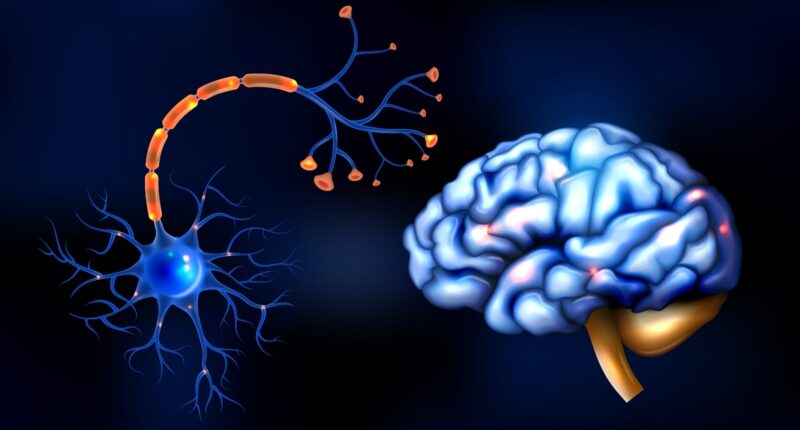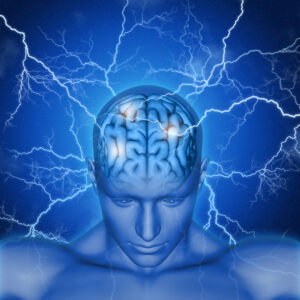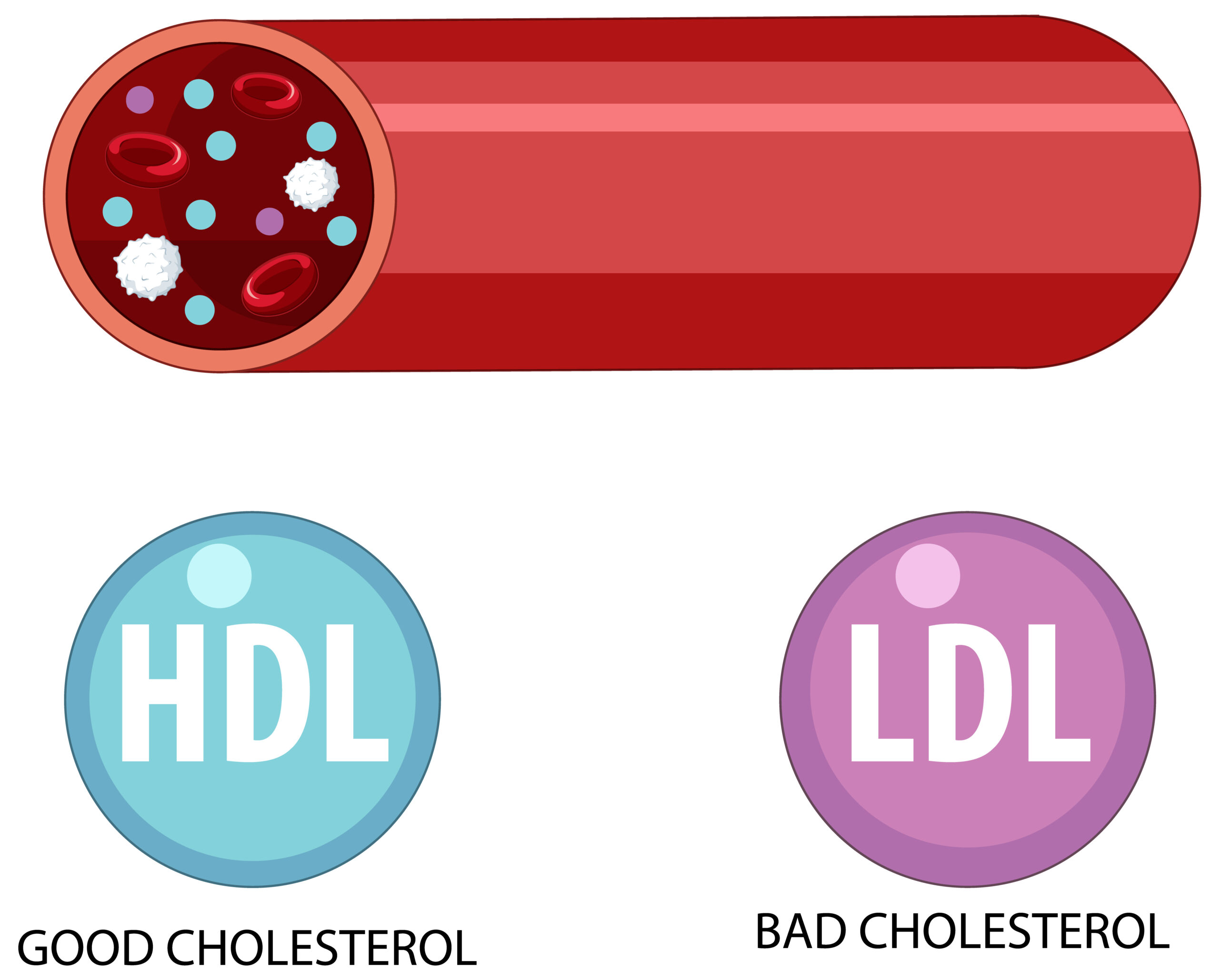Dopamine, known as the ‘feel-good neurotransmitter,’ is essential for our feelings of pleasure, motivation, and reward. Understanding the basics of dopamine can help us appreciate its impact on our mental and physical well-being. Let’s dive into what dopamine is, how it functions in the brain, and its significance in our daily lives.
What is Dopamine?
Dopamine is a vital neurotransmitter that facilitates communication between nerve cells in the brain. It is synthesized in key regions of the brain, such as the substantia nigra and the ventral tegmental area. Dopamine is involved in various functions such as movement, mood regulation, motivation, and the reinforcement of rewarding behaviours.
The Role of Dopamine in the Brain
- Reward and Pleasure: Dopamine is famously known for its pivotal role in the brain’s reward system. When we engage in activities that we find pleasurable, such as eating delicious food, exercising, or spending time with loved ones, dopamine is released, making us feel good and reinforcing those behaviours. This mechanism encourages us to repeat actions that benefit our survival and well-being.
- Motivation: Dopamine is also critical for motivation. This text empowers us to set exciting goals and take focused action to make them a reality. Low levels of dopamine can lead to a lack of motivation, fatigue, and even depression, while optimal levels keep us driven and focused.
- Movement and Coordination: Dopamine is crucial in ensuring our muscles move smoothly and with coordination. It plays a vital role in regulating motor function by transmitting signals from the brain to the muscles. Insufficient dopamine levels in the brain can result in movement disorders, such as Parkinson’s disease, which is characterized by tremors, stiffness, and difficulty with balance and coordination.
- Learning and Memory: Dopamine plays a role in cognitive functions like learning and memory. It helps us learn new information by reinforcing behaviours that lead to positive outcomes. This neurotransmitter affects the brain’s ability to form and recall memories, particularly those associated with rewards.
Dopamine and Mental Health
Several mental health conditions are associated with imbalances in dopamine levels. For instance, low dopamine levels are associated with depression, anxiety, and attention deficit hyperactivity disorder (ADHD). On the other hand, excessive dopamine activity is linked to conditions like schizophrenia, characterized by hallucinations and delusions.
Boosting Dopamine Naturally
Keeping your dopamine levels in check is super vital for feeling great overall. Check out these remarkable natural methods to give your dopamine levels a boost:
- Exercise: Regular physical activity increases dopamine levels. Running, swimming, or brisk walking can elevate mood and improve motivation.
- Healthy Diet: Consuming foods rich in tyrosine, an amino acid precursor to dopamine, can help. Foods such as almonds, bananas, avocados, and chicken are good sources of tyrosine.
- Sleep: Quality sleep is crucial for dopamine production. Lack of sleep can reduce dopamine receptors in the brain, leading to fatigue and lack of motivation.
- Mindfulness and Meditation: Mindfulness meditation can enhance dopamine levels by reducing stress and promoting well-being.
- Engaging in Pleasurable Activities: Hobbies, social interactions, and activities you enjoy can stimulate dopamine release. Pursuing interests and spending time with loved ones can positively impact dopamine levels.
Conclusion
Dopamine is a vital neurotransmitter influencing our mood, motivation, movement, and learning. Understanding its role in the brain can help us appreciate its significance in our daily lives and overall well-being. Adopting healthy lifestyle habits can naturally support dopamine production and maintain a balanced and fulfilling life. Prioritizing activities that boost dopamine can improve mental and physical health, keeping us motivated, happy, and thriving.










